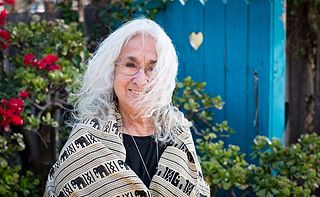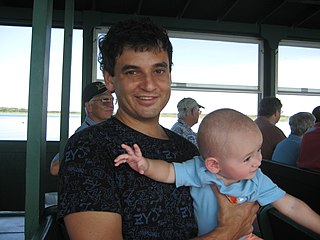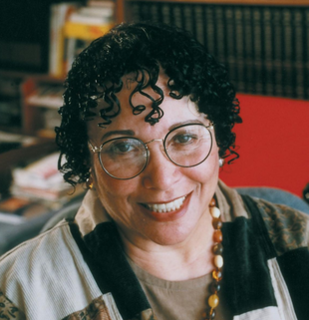A Quote by Matt Haig
My early novels were written in quite a dark place. I stand by them, but I would never write them again. I think it is subversive to embrace emotional optimism, because it goes against the grain.
Related Quotes
I've never written anything that I haven't wanted to write again. I want to, and still am, writing 'A Few Good Men' again. I didn't know what I was doing then, and I'm still trying to get it right. I would write 'The Social Network' again if they would let me, I'd write 'Moneyball' again. I would write 'The West Wing' again.
I would never sit and write a song in front of anyone, because you're so vulnerable. I don't know at what point in the process that it becomes acceptable to pass them on. When a song wants to be written, it will be written. When it does come, I will very rarely go back and edit lyrics. I'm quite a rational human being, and the only part of my life that I can't rationalise, or can't make sense of, is how a song gets written or why.
For the writer, there is nothing quite like having someone say that he or she understands, that you have reached them and affected them with what you have written. It is the feeling early humans must have experienced when the firelight first overcame the darkness of the cave. It is the communal cooking pot, the Street, all over again. It is our need to know we are not alone.
I really only write about inner landscapes and most people don't see them, because they see practically nothing within, because they think that because it's inside, it's dark, and so they don't see anything. I don't think I've ever yet, in any of my books, described a landscape. There's really nothing of the kind in any of them. I only ever write concepts. And so I'm always referring to "mountains" or "a city" or "streets." But as to how they look: I've never produced a description of a landscape. That's never even interested me.
I was secretly convinced that with such a marvel one would be able to write anything, from novels to encyclopedias, and letters whose supernatural power would surpass any postal limitations--a letter written with that pen would reach the most remote corners of the world, even that unknowable place to which my father said my mother had gone and from where she would never return.
Instilling values of faith at an early age is important. Listening them through adolescence comes more important than teaching because if you haven't instilled in them at early ages now it's time to listen and get your report card and let them find their way and then as an adult let them stand aside.






































